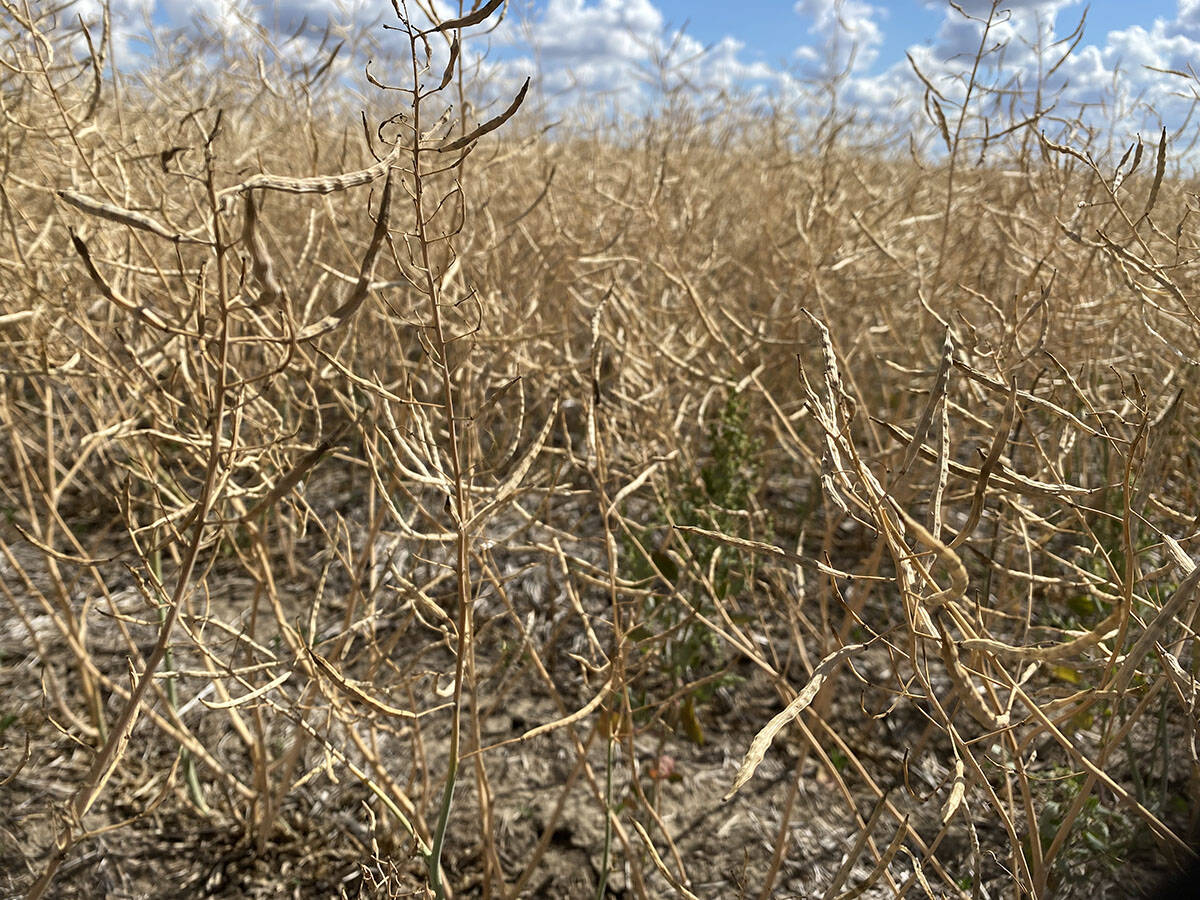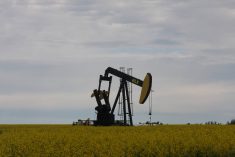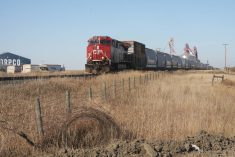As a red meat Saskatchewan Liberal, cutting his teeth and being mentored by one-time provincial Liberal godfather Otto Lang, Ralph Goodale understood who the political enemy was.
With the exception of the Ross Thatcher years, 1964-1971, the enemy was the New Democratic Party.
In 1974, when first elected to the House of Commons, this son of Wilcox, Sask., defeated a sitting New Democrat MP.
In the 1980s as the lonely Saskatchewan Liberal leader, the NDP were the real threat despite the Progressive Conservative government. A Goodale intimate once said three things could make the hair rise on the back of his neck: the CPR, the National Farmers Union and the NDP.
Read Also

Crop insurance’s ability to help producers has its limitations
Farmers enrolled in crop insurance can do just as well financially when they have a horrible crop or no crop at all, compared to when they have a below average crop
So it is one of the great ironies of recent political history that little more than a year ago, the NDP considered trying to make Goodale a Canadian prime minister.
It was during the ultimately disastrous negotiations in late 2008 between Liberal and NDP operatives in Ottawa to try to find a way to form a coalition that would displace the Conservative minority government elected a month before.
The trigger was a partisan Conservative fiscal update in the Commons that assumed the opposition was in disarray because the Conservatives had won a strong minority and the Liberals were planning to replace the hapless Stéphane Dion.
The government needlessly announced it would end taxpayer funding for political parties.
That prospect galvanized opposition parties and created the greatest crisis of Stephen Harper’s prime ministership.
Details of opposition negotiations to form what most Canadians ultimately considered an illegitimate coalition supported by the separatist Bloc Québécois are fascinating.
NDP negotiator Brian Topp revealed them recently in blogs on the coalition crash. He is a former chief of staff to Saskatchewan premier Roy Romanow, co-chair of two national NDP election campaigns and a key coalition negotiator.
He said the early NDP favourite to be prime minister was Goodale. “We had put some thought earlier in the game into proposing that Mr. Goodale be named prime minister of the coalition government.”
The reasons were personal and political. Former Saskatchewan NDP premier Allan Blakeney was part of the negotiation and respected him, Topp had watched Goodale be the lonely voice in Saskatchewan arguing for fiscal prudence “while the Progressive Conservatives and the NDP dueled over how much more could be done by government for the economy and public services.”
Goodale won no political support for that position but the NDP admired that message in 2008 as Canada headed into recession. The Liberals, as it turned out, did not.
Dion saw this as his chance to ascend to the position Canadians overwhelmingly denied him and the Michael Ignatieff forces were worried someone other than their man would disrupt his entitlement.
The Liberal leadership politics alone is enough for history to condemn the coalition campaign as a fiasco.
Still, based on Topp’s version, Goodale coulda been a contender.















